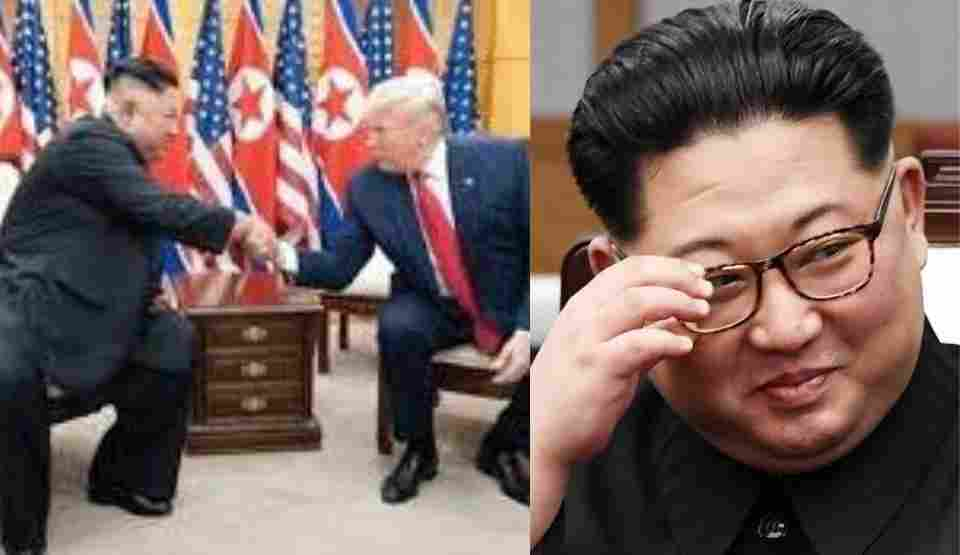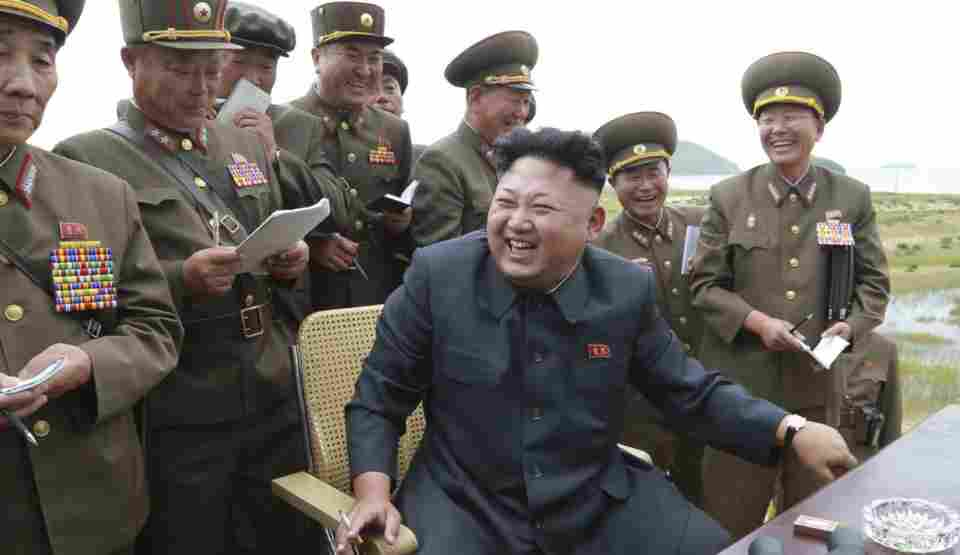North Korean leader Kim Jong Un has extended a conditional olive branch to President Donald Trump, expressing personal fondness for their past relationship while firmly establishing that any future diplomatic engagement must accept North Korea’s nuclear status as unchangeable.
Speaking to North Korea’s Supreme People’s Assembly, Kim reflected positively on his previous encounters with Trump during the former president’s first term, when the two leaders held three unprecedented summits between 2018 and 2019. However, those diplomatic efforts ultimately stalled in Hanoi over fundamental disagreements about North Korea’s nuclear disarmament.
“I still personally hold fond memories of the current US president, Trump,” Kim stated, according to the Korean Central News Agency. His remarks came with a crucial caveat: any renewed dialogue would require Washington to abandon what he termed its “delusional obsession with denuclearisation.”
The North Korean leader made clear that his country’s nuclear weapons program is non-negotiable. “If the United States discards its delusional obsession with denuclearisation and, based on recognising reality, truly wishes for peaceful coexistence with us, then there is no reason we cannot meet it,” Kim declared.
Since declaring itself an “irreversible” nuclear state following the failed 2019 summit, North Korea has consistently maintained that its weapons program is essential for national survival. Kim reinforced this position by referencing what he sees as historical precedent: “The world already knows well what the United States does after it forces a country to give up its nuclear arms and disarm.”
The timing of Kim’s remarks appears strategically calculated, coming just weeks before Trump’s scheduled visit to South Korea for the Asia-Pacific Economic Cooperation Forum in Gyeongju. Analysts suggest this could be laying groundwork for potential diplomatic re-engagement.

“The timing of the remarks, just ahead of Trump’s trip to South Korea for the APEC summit, appears calculated,” observed Lim Eul-chul from Kyungnam University. “It hinted at the possibility of a surprise summit, while also playing to Trump’s well-known yearning for a Nobel Prize.”
Kim’s diplomatic overture comes as North Korea has strengthened its international position through deepening ties with Russia. The relationship has evolved significantly since Moscow’s invasion of Ukraine, with North Korea providing military support including troops and weapons in exchange for critical backing from the Kremlin. A mutual defense pact signed between Putin and Kim has formalized this strategic partnership.
However, Kim showed no similar interest in dialogue with South Korea, dismissing any possibility of engagement with Seoul’s new president, Lee Jae-myung, despite the latter’s efforts to reduce tensions. “We make it clear that we will not deal with them in any form,” Kim stated, reinforcing North Korea’s recent designation of the South as its “principal enemy.”
The North Korean leader portrayed international sanctions as ultimately strengthening his country rather than weakening it. “Sanctions had only helped the North in ‘growing stronger, building endurance and resistance that cannot be crushed by any pressure,'” he claimed.
Experts view Kim’s speech as serving dual purposes – projecting confidence internationally while addressing potential domestic concerns. Yang Moo-jin, former president of the University of North Korean Studies, characterized the remarks as reflecting “equal parts confidence and desperation,” noting that “while outwardly aimed at foreign powers, the speech carried a strong domestic message, seeking to pre-empt instability.”
As Trump prepares for his South Korea visit, Kim’s conditional offer presents both an opportunity and a challenge for future US-North Korea relations. The fundamental question remains whether either side is willing to compromise on the nuclear issue that has defined their diplomatic impasse for decades.






